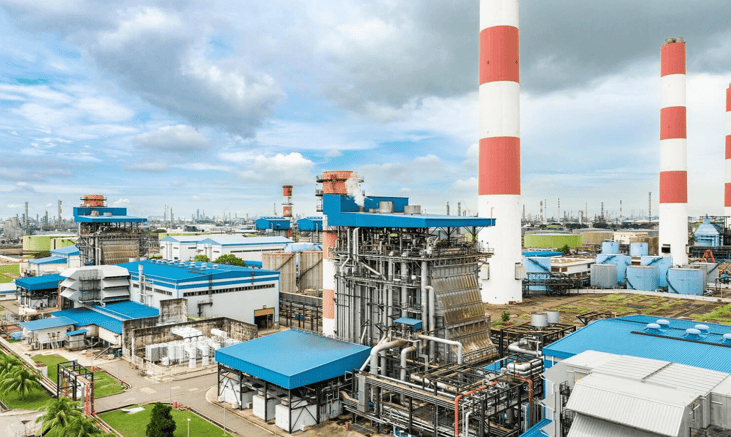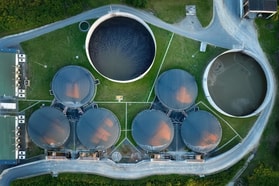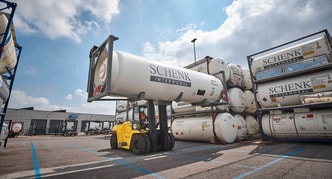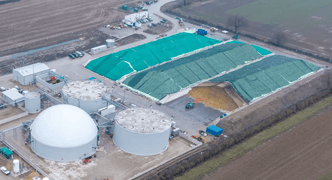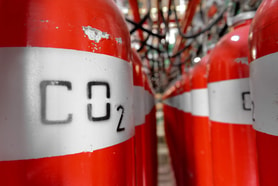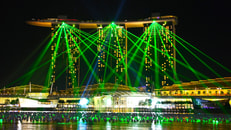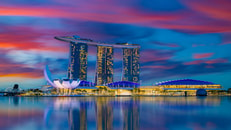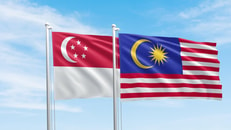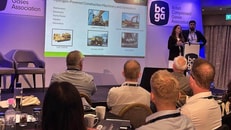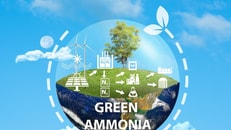Singapore powers ahead with hydrogen plants
Singapore is stepping up efforts to develop hydrogen and decarbonise heavy industry.
Last November, ground was broken on the 600 megawatt (MW) Keppel Sakra Cogen plant which is expected to be ready in the first half of next year. Once operational, the plant will expand Keppel’s generation capacity by nearly 50% to 1,900 MW.
That came hot on the heels of YTL PowerSaraya starting work on a 600MW hydrogen-ready Combined Cycle Gas Turbine (CCGT) at its Pulau Seraya Power Station (PSPS) site.
Today (3rd January), the Energy Market Authority (EMA) awarded PacificLight Power (PLP) the right to build, own, and operate a new hydrogen-ready CCGT generating unit, seeing off five competitors in the process.
... to continue reading you must be subscribed

